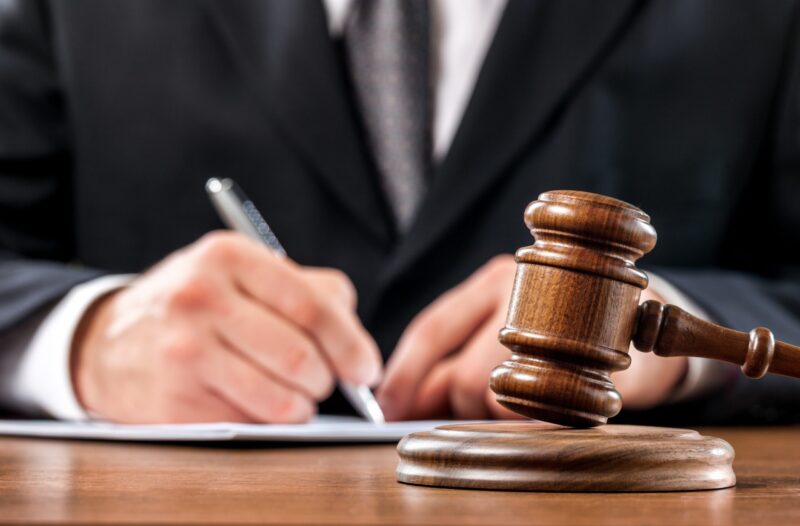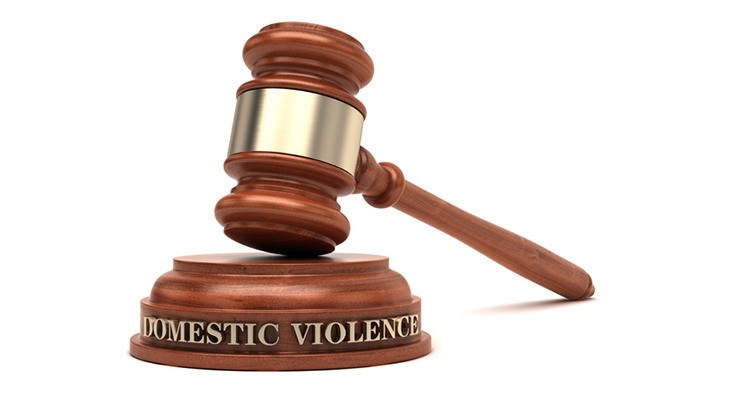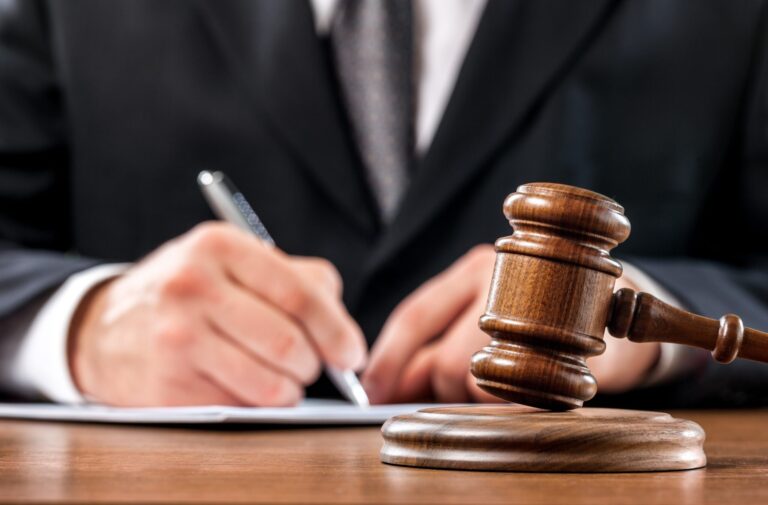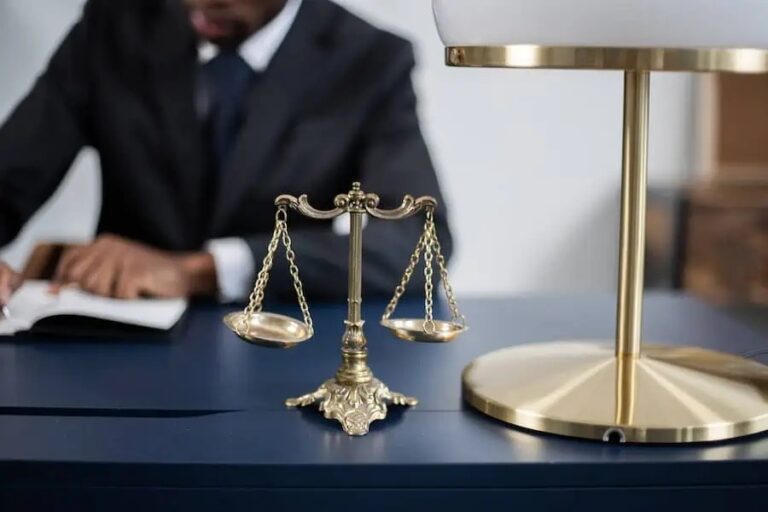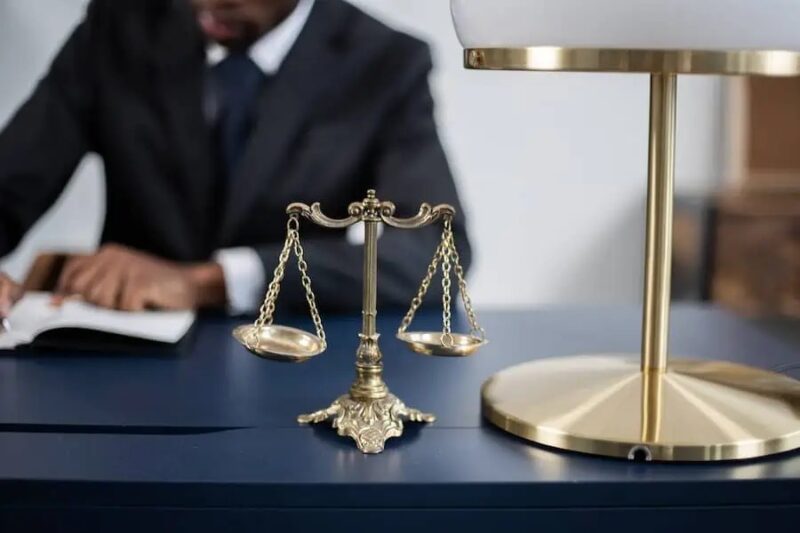Protect your future and minimize the risk of a criminal record by understanding the most common offenses.
This blog post will explore common criminal offenses, the various types of defense attorneys, what to consider before choosing a defense attorney, and the steps involved in the criminal defense process.
Common offenses
Domestic assault
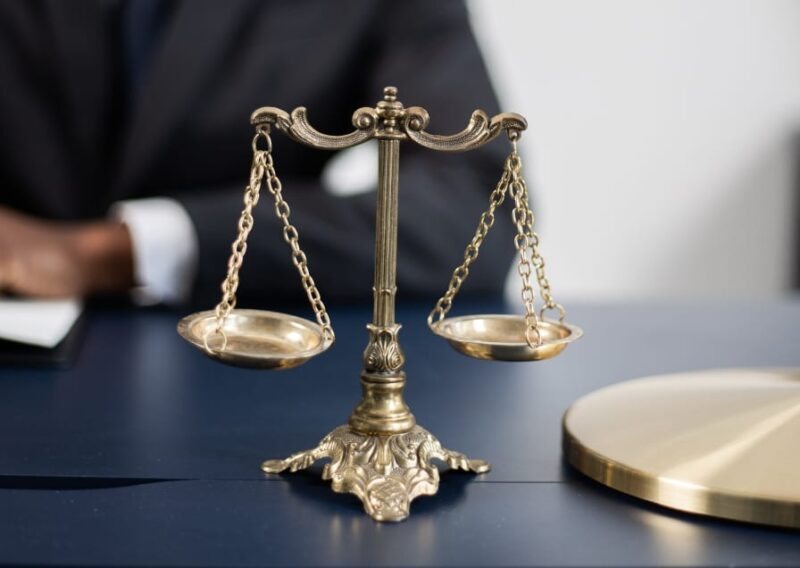
This is when acts of violence are directed towards a romantic partner, spouse, or family member. Those charged with domestic assault are not allowed to go back home or contact the complainant.
Fraud
It occurs when someone uses deceit to gain a financial advantage. Fraud is usually a complex case that requires a high volume of documents and forensic accounting reports.
Theft
Theft is when you take someone’s property without legal authority.
Impaired driving
If you drive after consuming drugs or alcohol, you are putting all road users at risk. If caught, you will be facing serious criminal charges. These charges can lead to significant fines, skyrocketing insurance, jail term, or a criminal record that will affect your future employment and travels.
Assault
This is when you intentionally use force on another person without their consent.
Drug offenses
The most common drug offenses include:
- Trafficking
- Possession
- Production
- Importation
- Possession with the intention of trafficking
The offense you will be charged with and the sentencing you get are dependent on the amount and type of drug.
Sexual offenses

The different charges include sexual assault, child pornography, sexual interference, and sexual exploitation.
A highly skilled and experienced lawyer who understands how emotional and intimate the offenses are will defend you properly.
Criminal harassment
When someone is stalking you, they are repeatedly calling, texting, or emailing. This kind of behavior can be annoying, scary, and harassing.
Violent offenses
This is a crime associated with a high degree of violence. It includes offenses like murder, serious assaults, kidnappings, home invasions, and robberies.
Specialized police units are in charge of investigating such crimes.
Firearm offenses
Owning a firearm is highly regulated by the Criminal Code and Firearms Act. Firearm offenses carry significant punishment, such as lengthy periods of incarceration.
Types of defense attorneys
Private attorney

The defendant or their family hires them directly. They can hire private investigators or expert witnesses to help with your case.
Private attorneys handle few cases, therefore, each client will receive personalized attention.
Their reputation, experience, and case complexity affect how much they charge for their services. If you are looking for a professional legal defense, visit https://wilsoncriminaldefence.com/.
Public defender
Individuals who cannot get themselves counsel will be assigned a public protector by the judge. Public defenders work for the government.
They are highly skilled and dedicated to providing the best defense possible. They deeply understand the courtroom procedures and have experience in criminal law.
Factors to consider before choosing a defense attorney
Experience
Find an attorney who has experience dealing with cases that are similar to yours. To determine an attorney’s qualifications, evaluate their years of practice and track record of handling similar cases.
An experienced attorney will help you navigate through intricate legal complexities, anticipate challenges, and advocate on your client’s behalf.
Communication style
The best attorney communicates clearly and effectively. As the case progresses, you should be able to discuss your concerns and ask questions without hesitation.
Reputation
Do your exploration to find counsel with a good character in the legal community. Check online reviews, case outcomes, and testimonials from previous clients to determine the lawyer’s reputation.
By doing this, you understand the attorney’s track record reliability and their stand within the legal community.
Strategies and approach
Ask the attorney to explain their strategy and approach to handling the case. You can work with an aggressive attorney or one who focuses on negotiation.
Choose wisely, depending on your needs.
Cost and fees
Make sure you understand the payment plan or additional costs involved.
Criminal defense process
Investigation
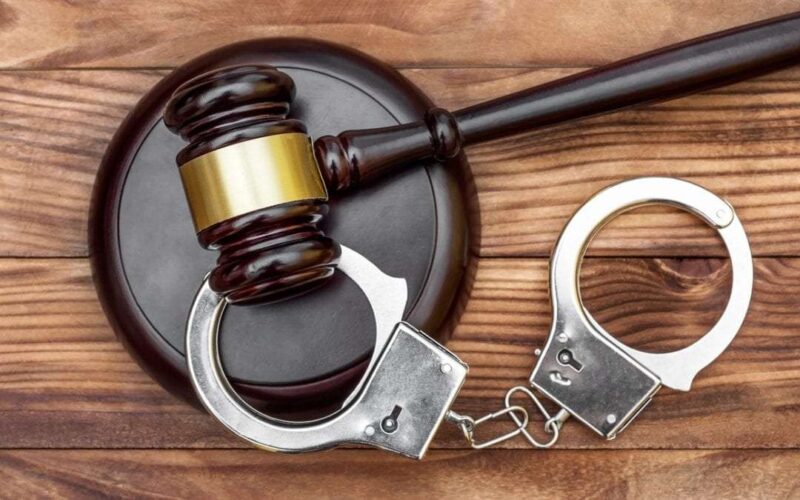
Law enforcement officers will conduct investigations to collect evidence and information regarding a crime. They can collect physical evidence, interview witnesses, and analyze forensic data.
Arrest
Law enforcement officers will arrest the suspect after they have been identified and proven to have probable cause. The suspects will be apprehended and reminded of their Miranda rights.
Charging
Once the evidence has been examined, the district attorney’s office will officially file charges against the accused. Whether charges are brought depends on relevant laws and the adequacy of the evidence.
Arraignment
This is when the judge reads all the criminal charges of the accused.They are then advised to make a plea. If they say they are not guilty, the case goes to trial.
Discovery
The defense team exchanges the evidence they have with the prosecution and vice versa. This process guarantees that both parties are informed about the evidence that will be presented in court.
Pre-trial motions

Before the trials begin, the execution and defense teams file motions to seek specific rulings or address legal issues. You can submit a motion to suppress certain evidence, dismiss the case, or request a change of venue.
Trial
The best lawyer will present your case on your behalf. They will take over and preside over the case in the best way possible. They will make sure both sides get to be heard equally.
Sentencing
The nature of the crime, the defendant’s criminal history, and aggravating circumstances are some of the things that the judge will look at before making a judgment.
Appeals
The defendant can appeal the court’s verdict. The Court of Appeal will examine the trial process to identify any mistakes that influenced the case’s result.
A criminal record will change your life as it affects personal relationships and job prospects. If you find yourself in a legal bind, you should make informed decisions.
You can do this if you understand the legal process and types of offenses. You will get a more favorable outcome if you get support from an experienced defense attorney.
Find a lawyer who understands your unique situation to guide you through these challenging times.
Related Posts:
- Common Drilling Machines and Their Applications:…
- The Role of Luck in Casino Gambling: Unveiling the…
- What Role Does Freight Audit Play in Logistics? Tips…
- Strategic Access Management: Exploring Common Use…
- What Is Roof Decking? Understanding and Maintaining…
- Understanding DUI Laws and How Hiring an Attorney…

